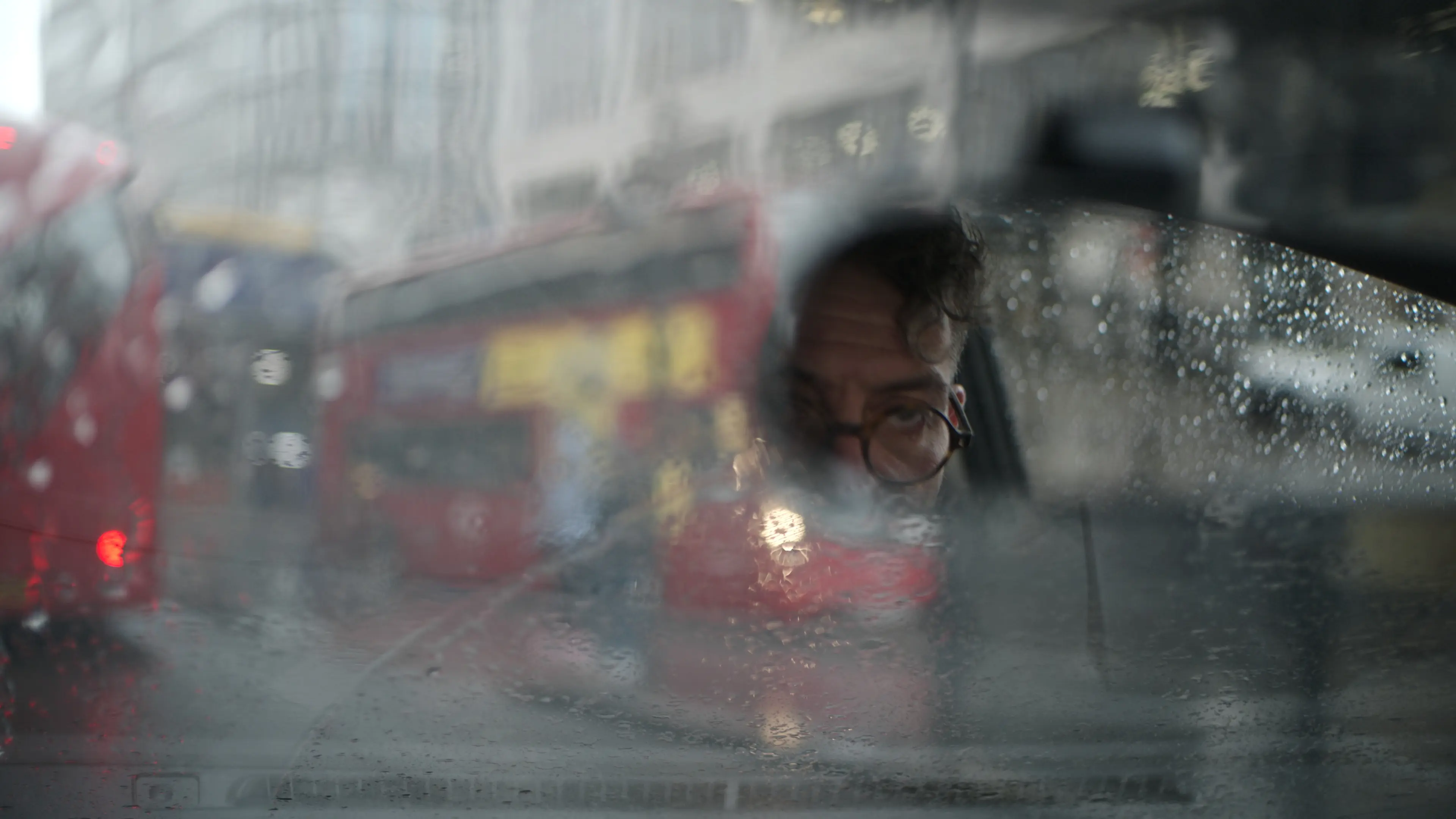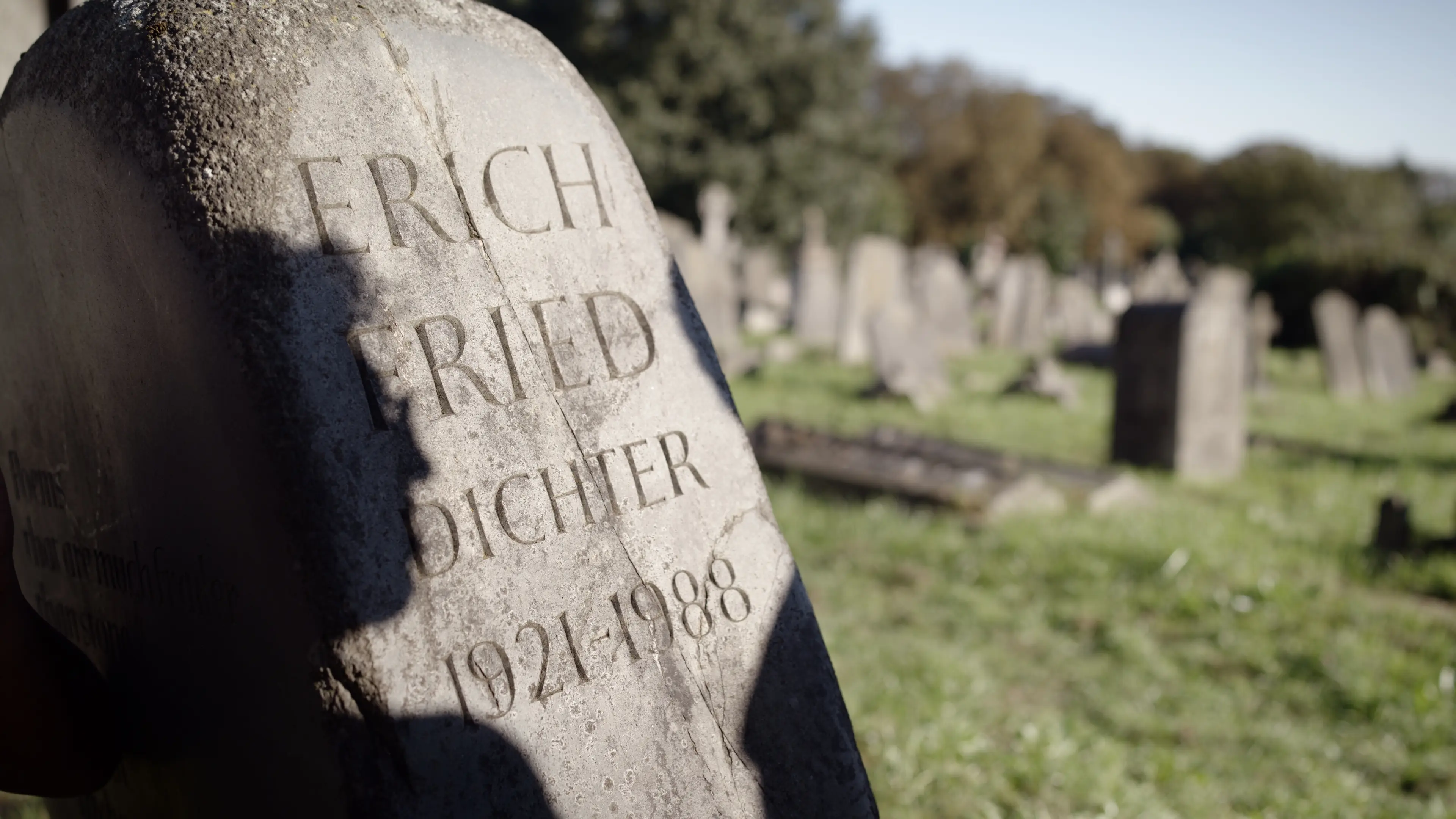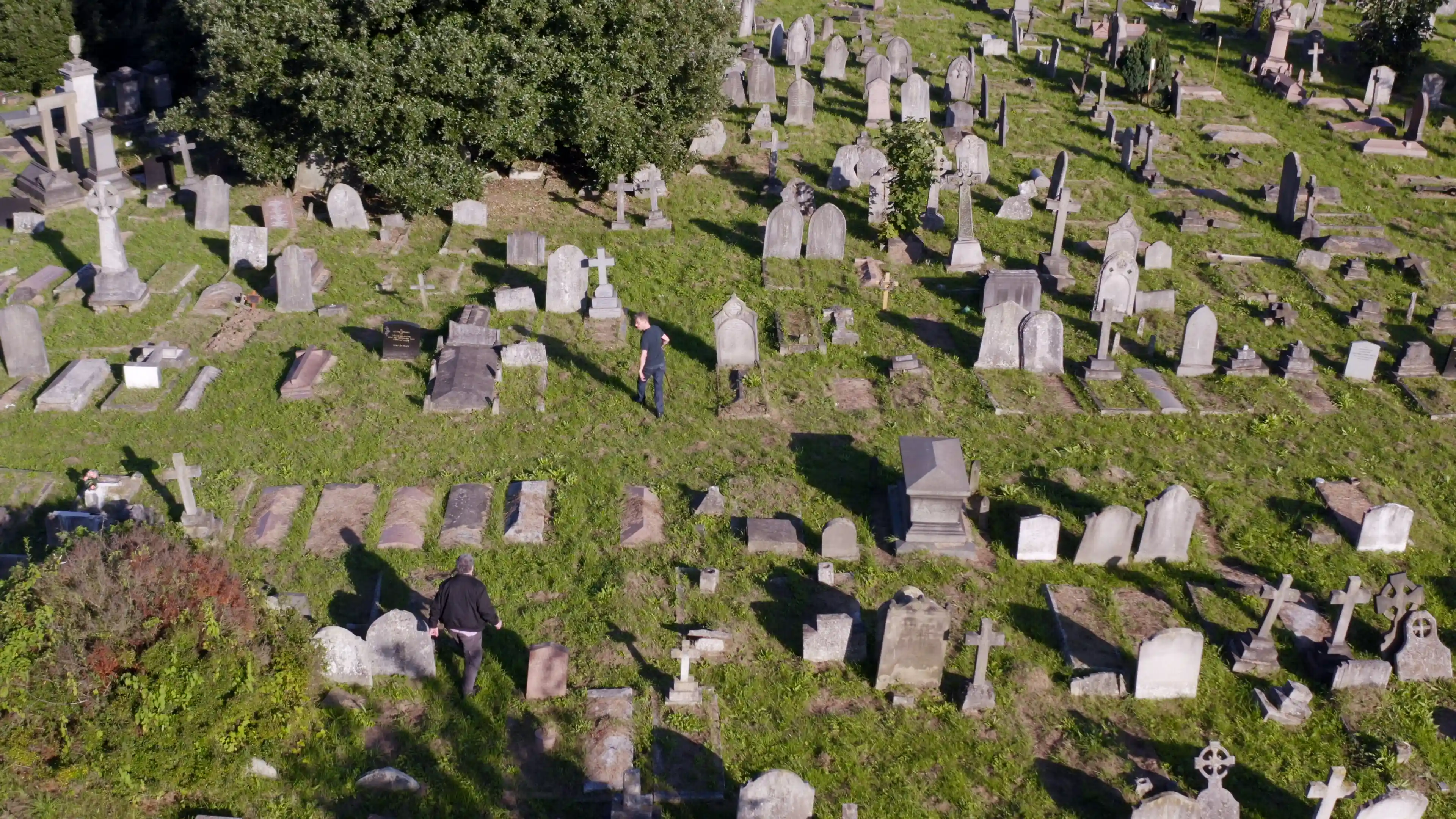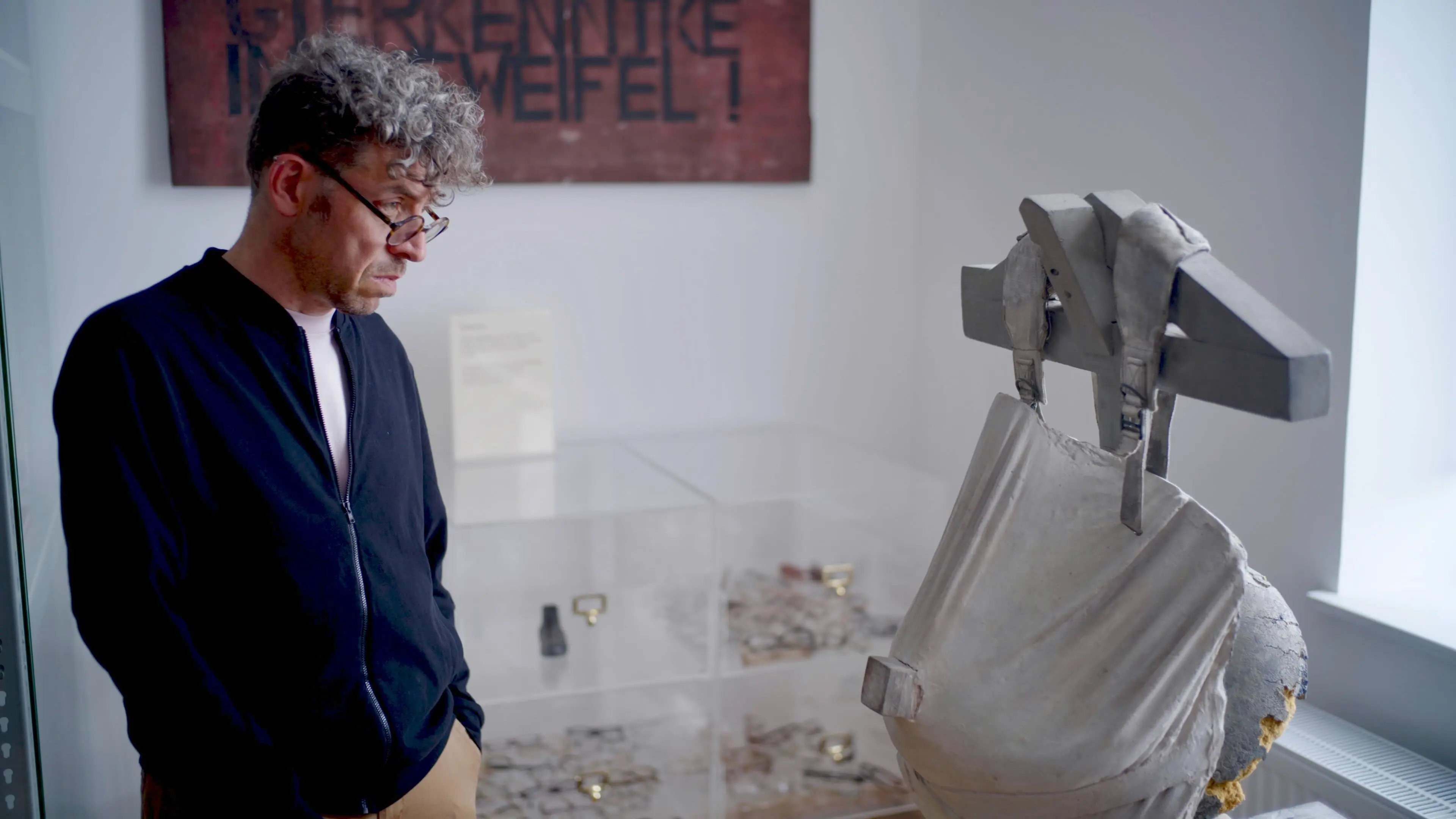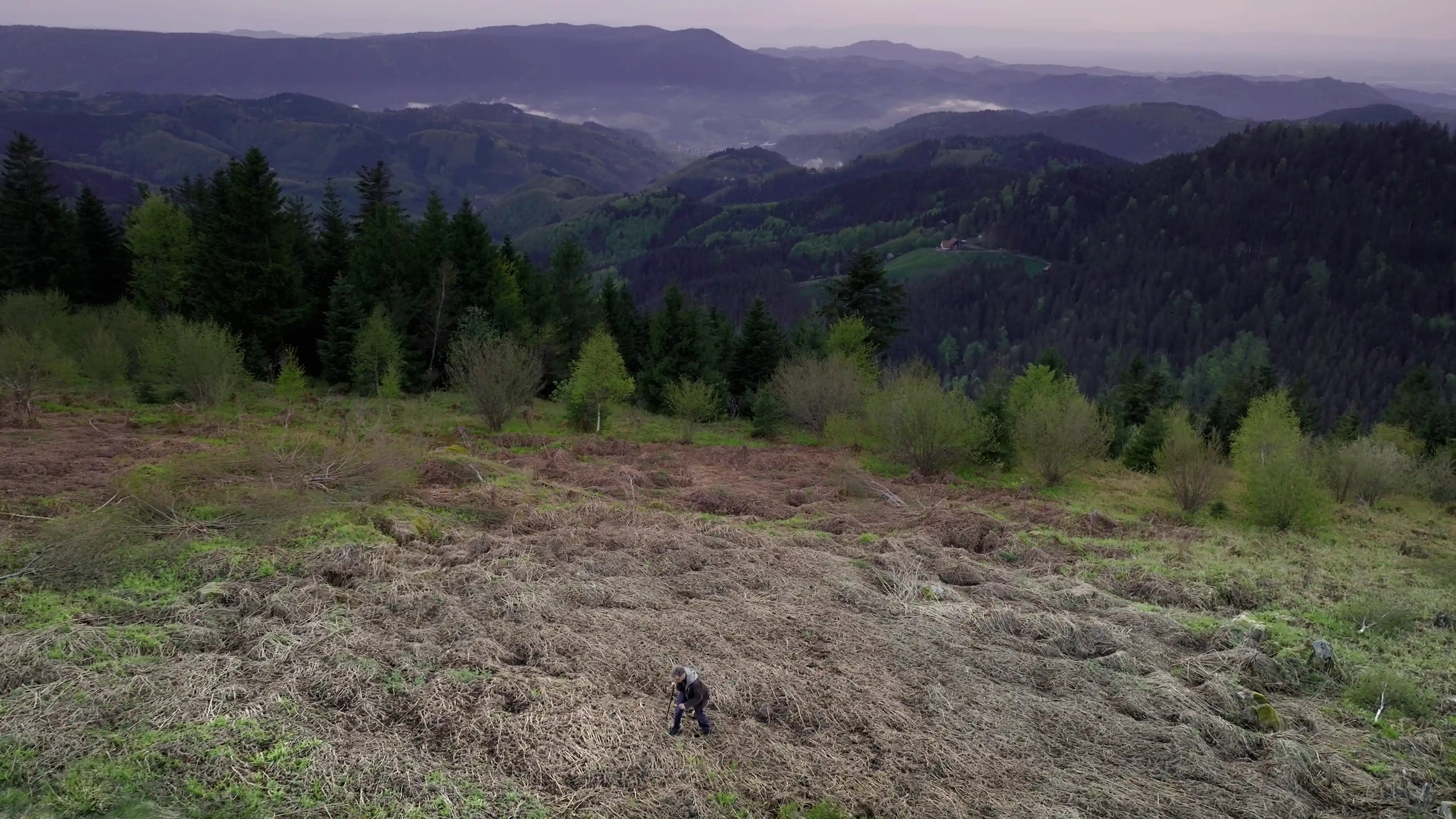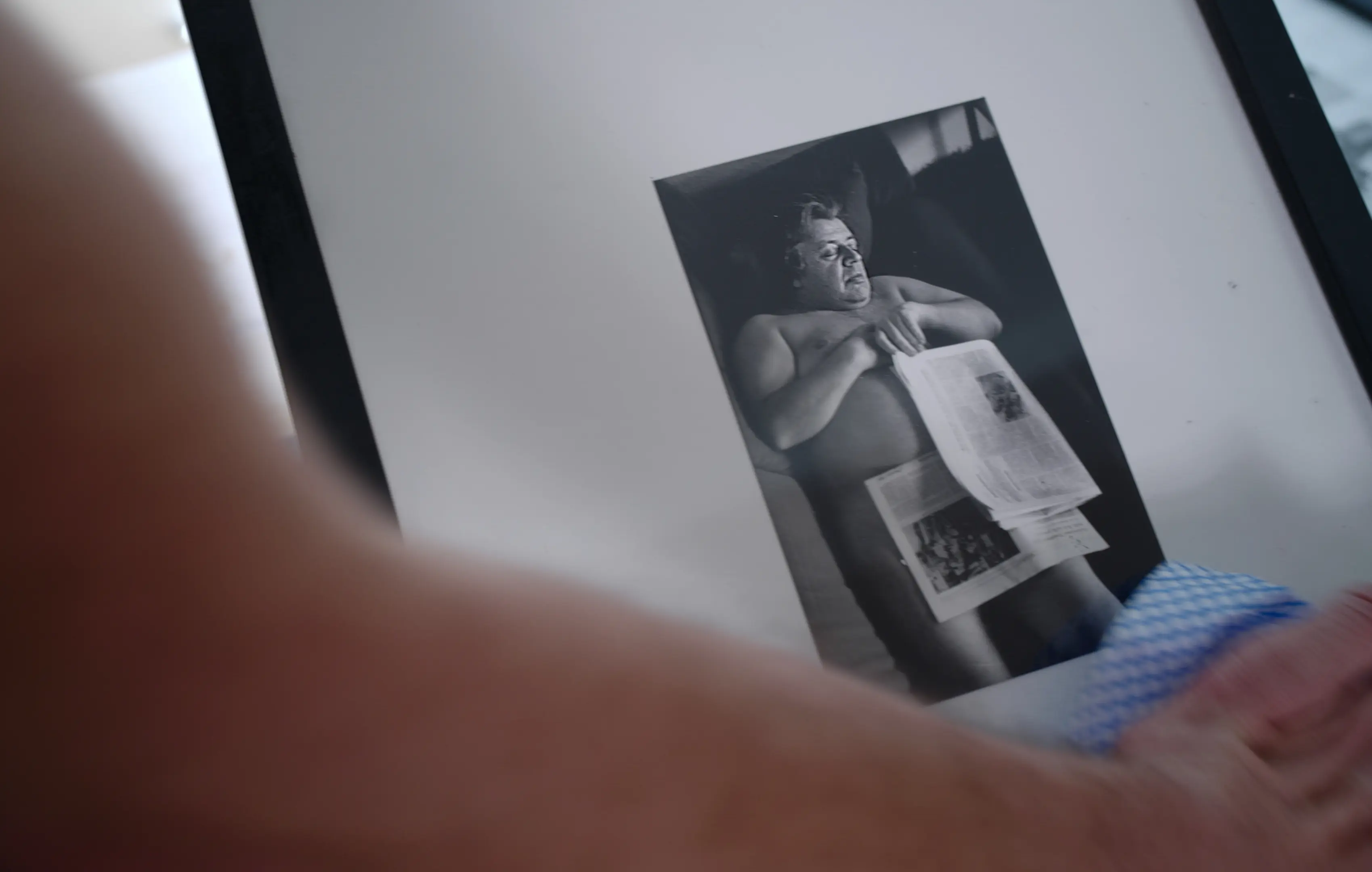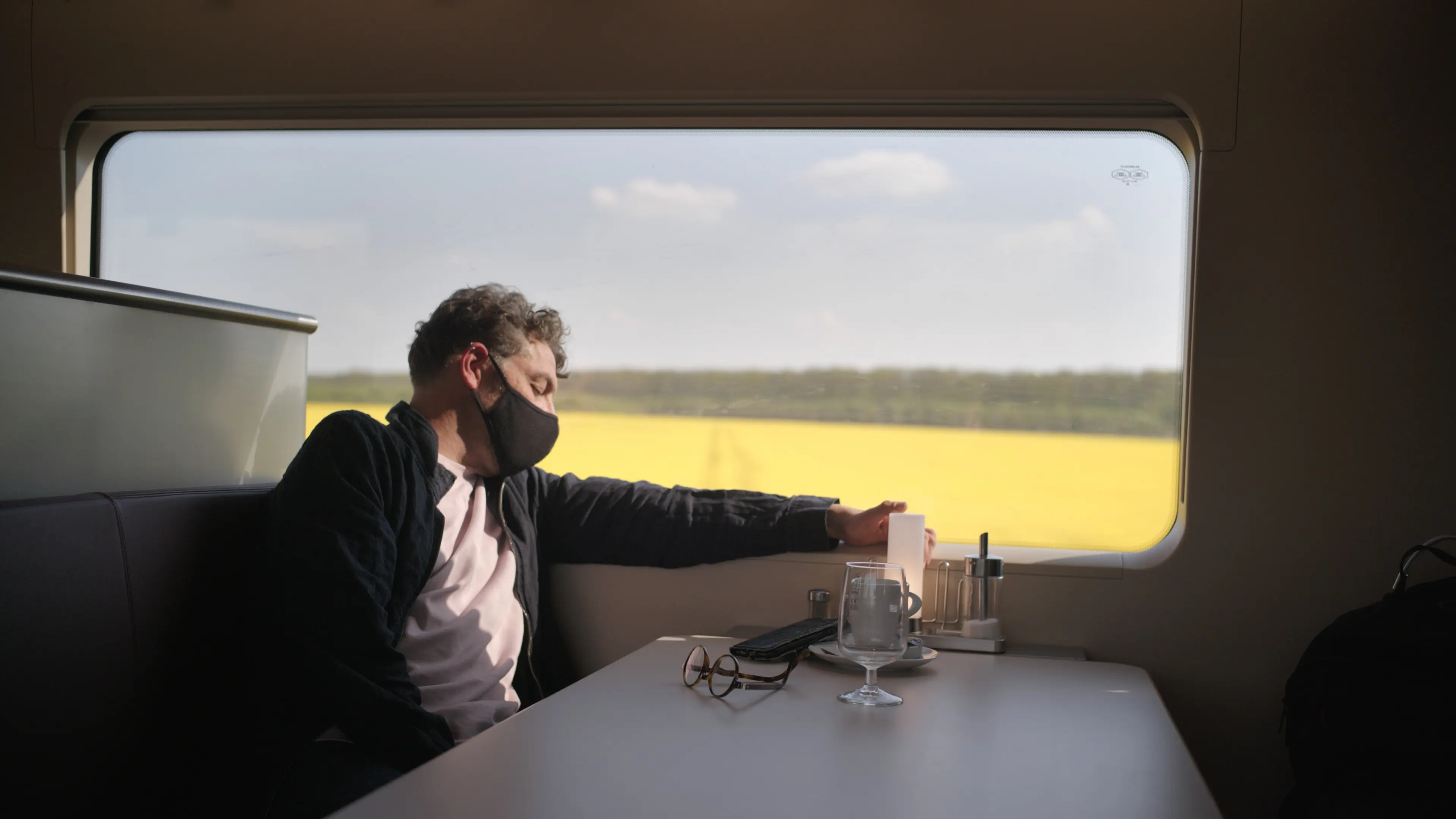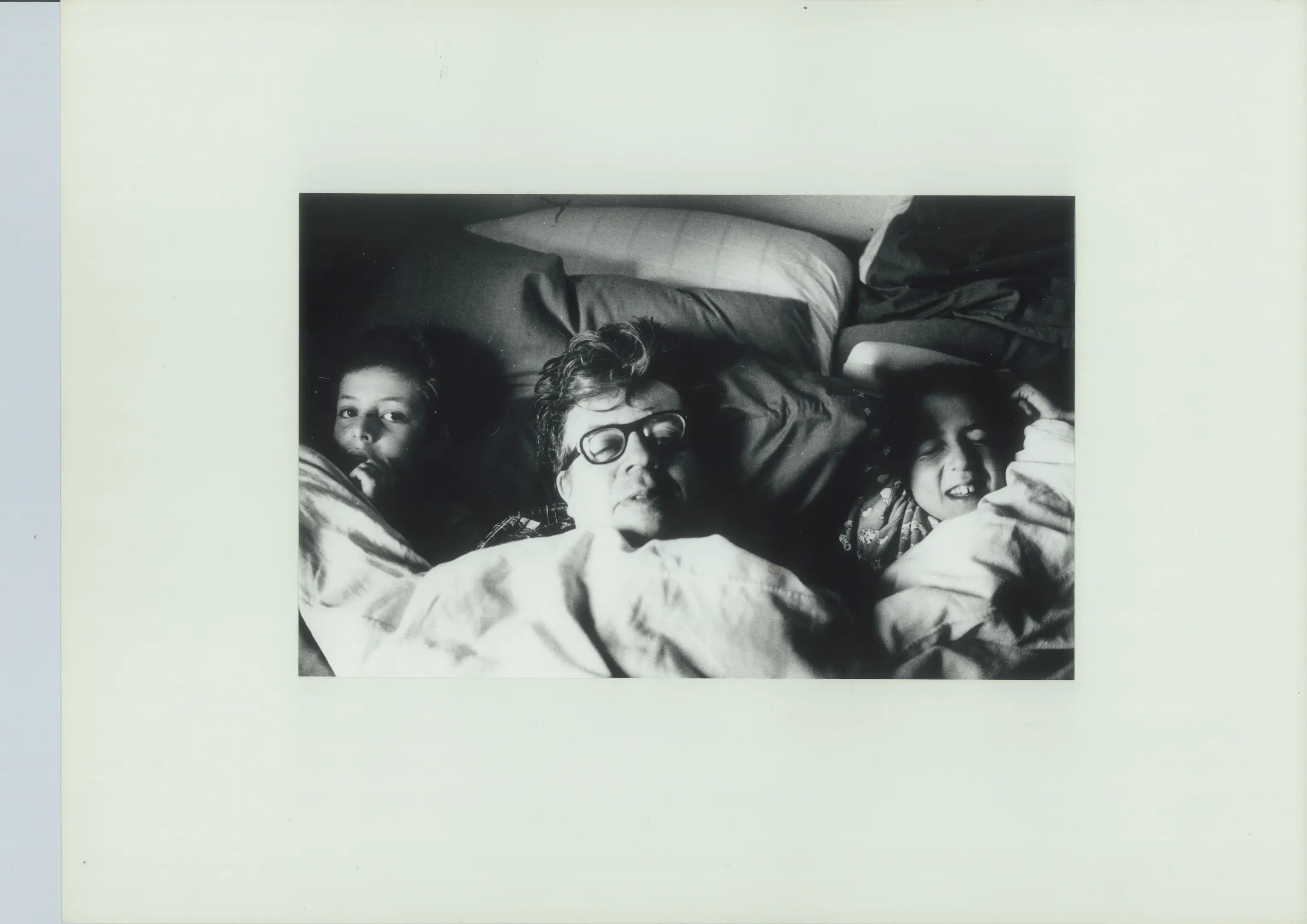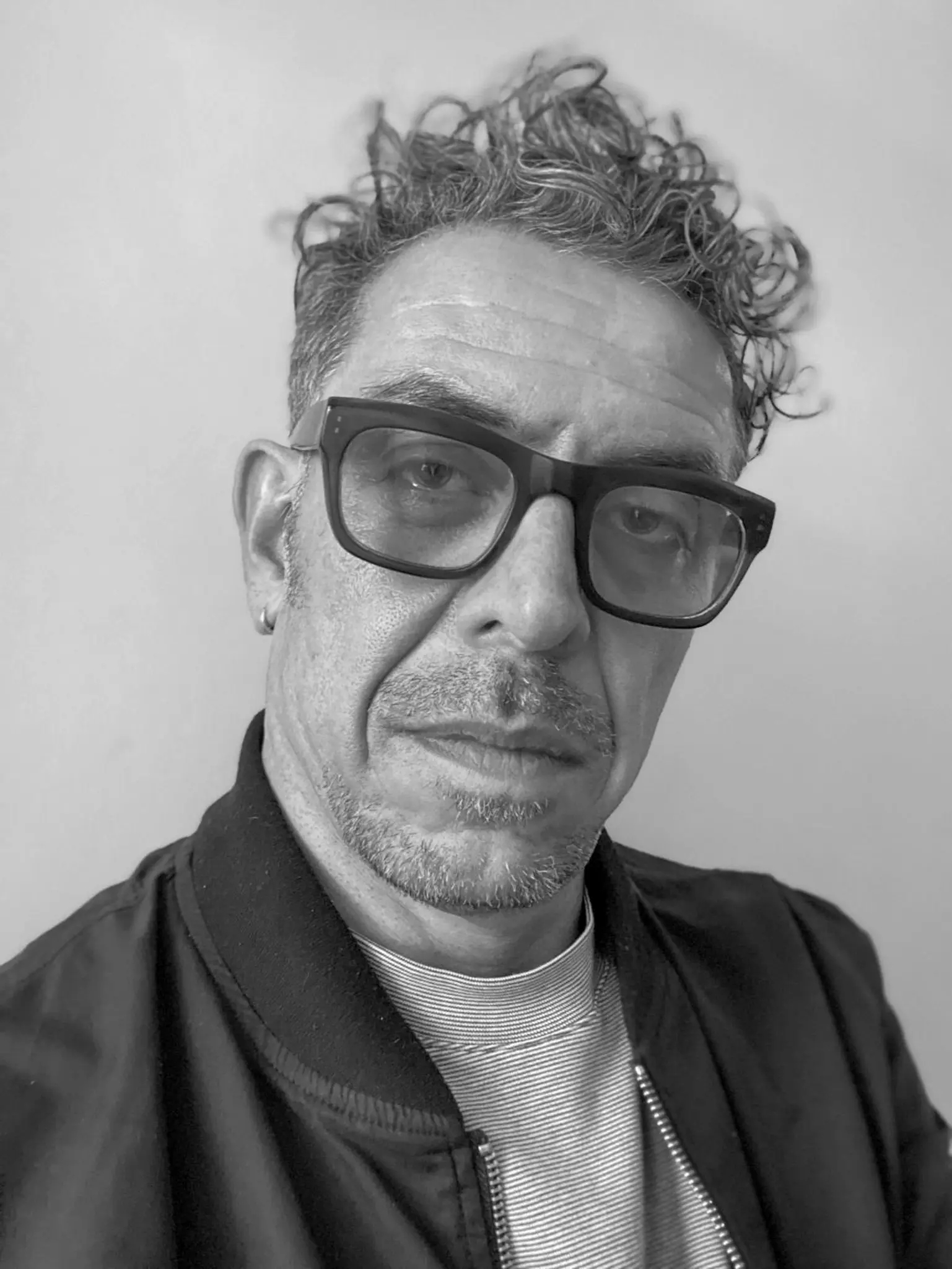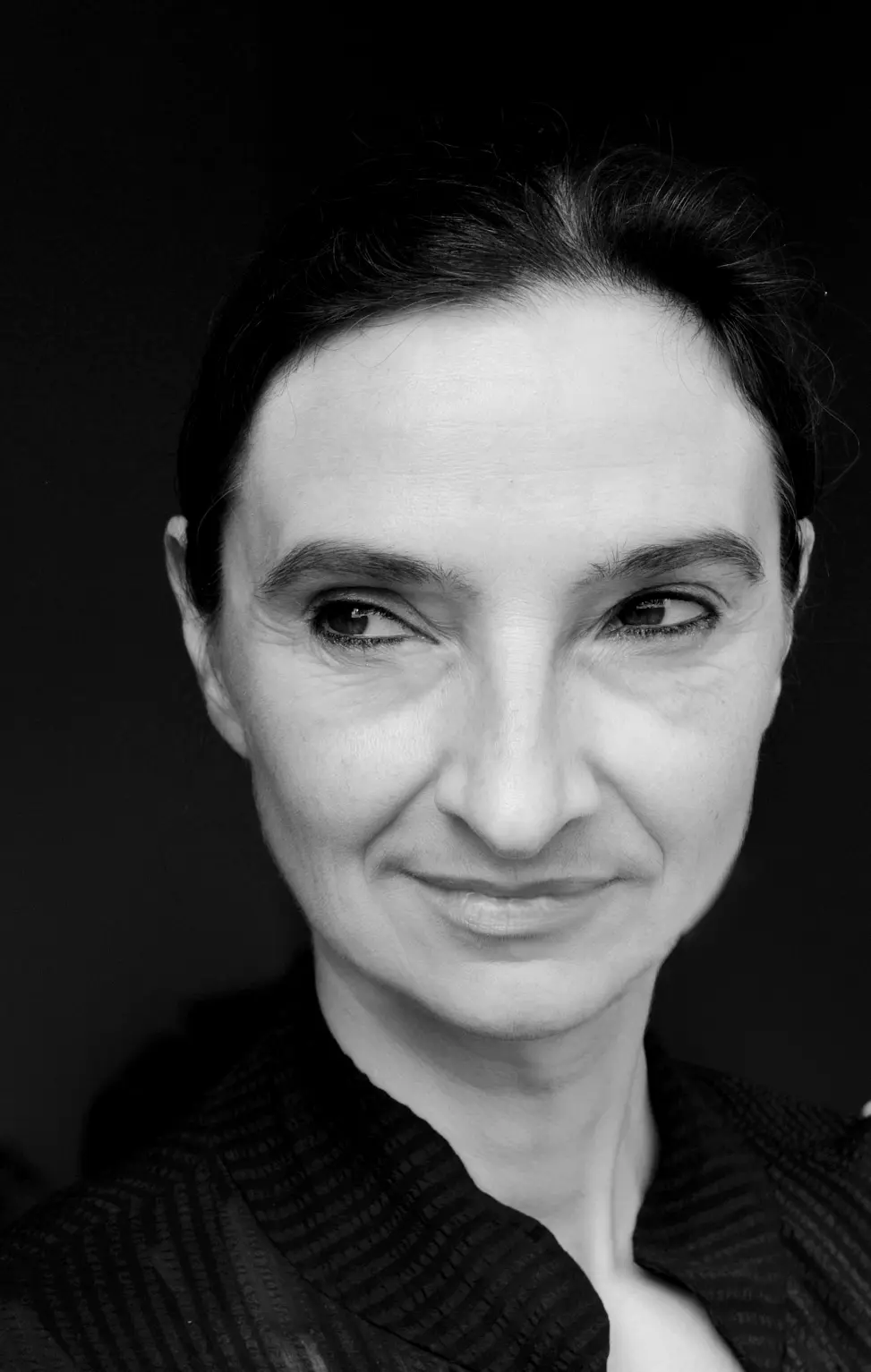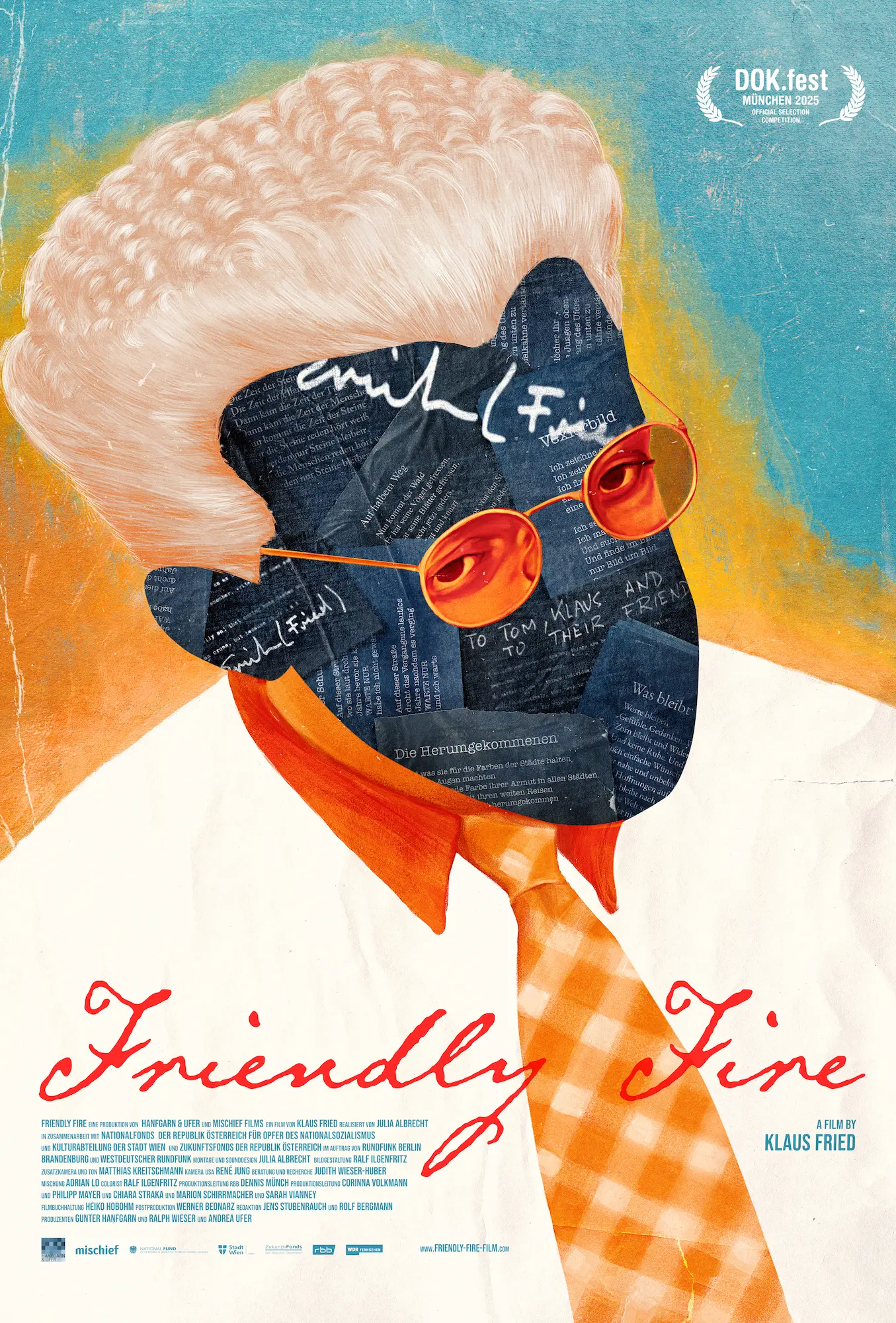
Friendly Fire opens the 40th München DOK.fest
07.05.2025 - 8:00 pm, Deutsches Theater (Opening Ceremony)
08.05.2025 - 6:00 pm, Audimax HFF
11.05.2025 - 11:00 am, Literaturhaus
13.05.2025 - 8:00 pm, Volkstheater
"The film by Klaus Fried and Julia Albrecht is a gift at the right
time, highly topical, full of ambivalence and a multi-layered family
saga. Erich Fried united the fiercest contradictions as an artist
and as a person: As a Jewish émigré expelled from Nazi Germany, he
became a harsh critic of Israeli policy. As a left-wing pacifist, he
sought dialogue with the avowed neo-Nazi Michael Kühnen. His love
life only partially followed his sensitive poetry on the subject. As
a father, he remained a mystery to his son Klaus: larger than life
and yet deeply human."
Daniel Sponsel, Festival Director of DOK.fest München
